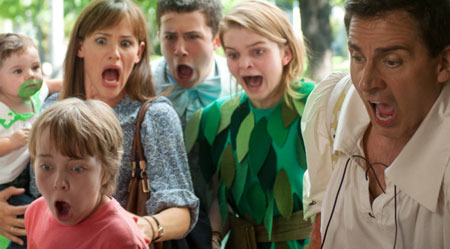The film is dedicated to Phillip Seymour Hoffman who tragically committed suicide during filming. His contribution to the movie is immense. This film should be seen by all if only to make people question the media pap we are often fed. But also see it because this story will grip you as you wonder how it will all end. (You may be surprised - if they follow the book...)
There are many models of leadership on display in the film. I will focus on one: Haymitch. (Not who you were expecting?) He is a constant through out the films, always at Katniss' side: advising, goading, distracting, nudging...and drunk most of the time. But without him, the heroine would have died two films ago.
But what makes him a good leader? He is honest & straight in his feedback. He knows what help Katniss needs. When he is needed, he is there. He is setting strategy mindful of many factors. Despite many reasons to be cynical, he rises above that.
Do you have a Haymitch in your life?
_____________
This is the sixty third of my 2014 series of blogs about leadership ideas to be found in the movies of our time. You can read here as why I am doing this. Please subscribe to this blog if you want to read more. Thanks. Click the label 'film' to see all the others.













.jpg)


